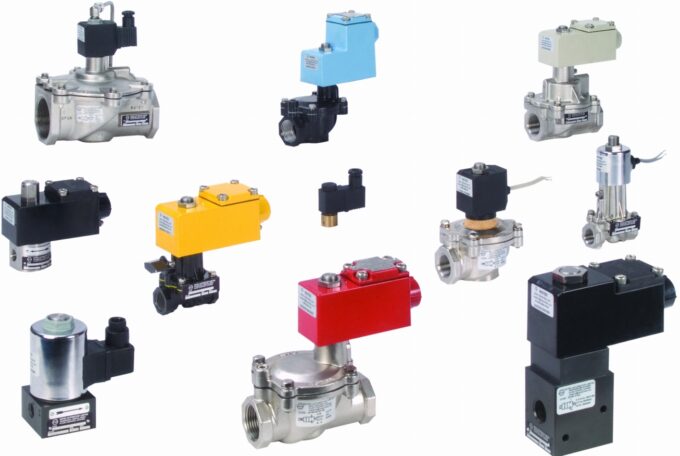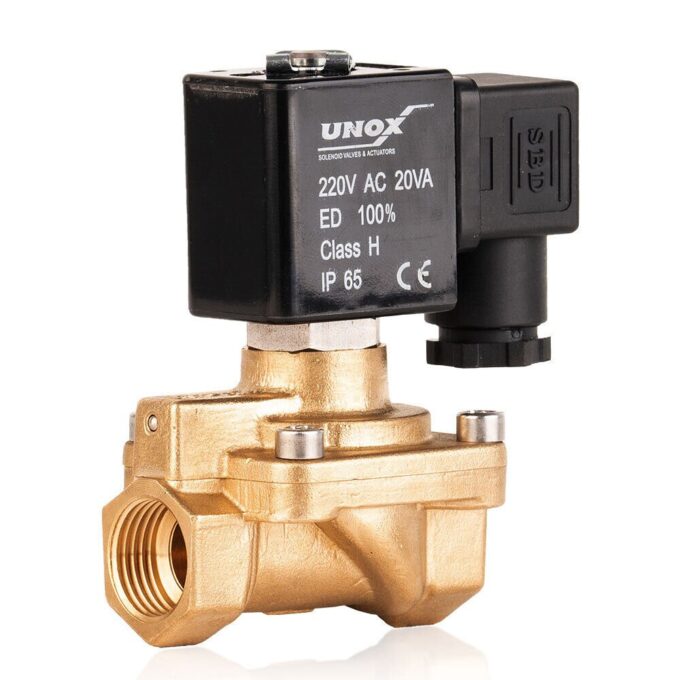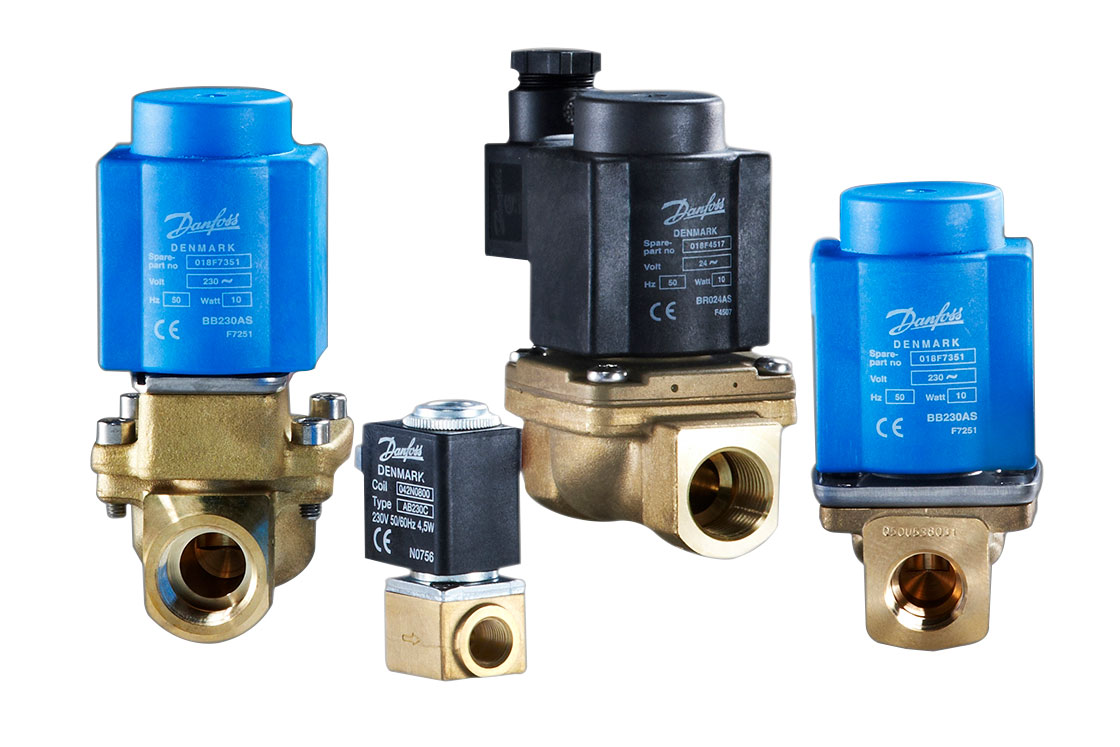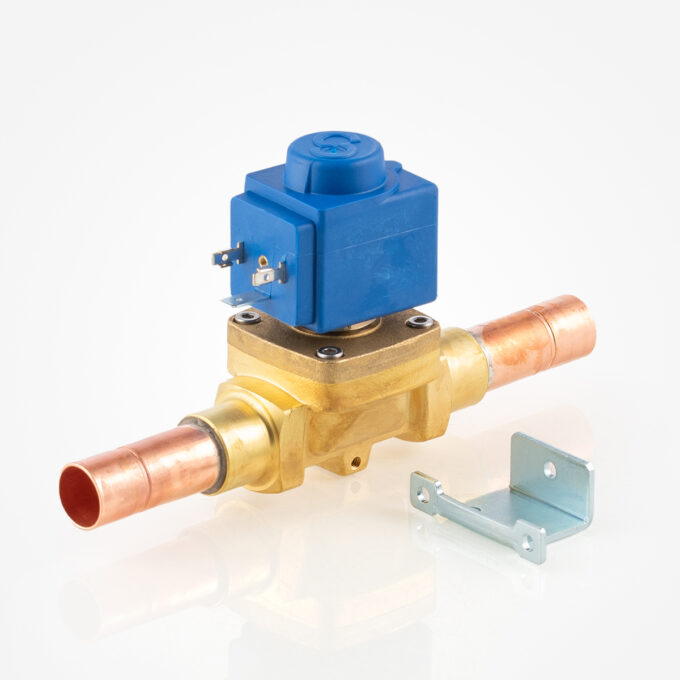Solenoid valves play a critical role in numerous fluid control systems across various industries. These electro-mechanical devices ensure the efficient management of liquids or gasses in applications ranging from water treatment to industrial automation. As solenoid valves directly influence the performance and reliability of your fluid control system, investing in high-quality products is crucial for your business’s success. This article discusses the importance of high-quality solenoid valves, factors that affect their performance, the benefits of using them, and tips for selecting the right valves for your applications.
1. Types of Solenoid Valves
A thorough understanding of the various types of solenoid valves is indispensable when it comes to choosing the most suitable product for your specific application. There are primarily three types of solenoid valves, each with unique characteristics and suited to different applications.

- Direct operated Solenoid Valves: These valves, true to their name, operate directly under the influence of an electrical current. They require full voltage to function and are best suited for small or low-pressure applications. Their design involves a direct mechanical connection between the electromagnet and the valve’s diaphragm or piston.
- Indirect operated Solenoid Valves: Also known as pilot-operated valves, these types of valves function based on pressure differentials in the system to open or close the main valve. These are ideal for larger or high-pressure applications where the pressure differential can be used to advantage.
- Semi-direct Operated Solenoid Valves: As the name suggests, these valves blend the features of both direct and indirect-operated valves. Their design allows them to operate efficiently at zero pressure differential while still handling higher pressures, making them versatile for a wide range of applications.
2. Factors that Impact Solenoid Valve Performance

Several factors can influence the performance and lifespan of solenoid valves, such as:
- Materials and construction: The build quality and the materials used are critical determinants of a valve’s longevity and performance. High-quality valves are typically made of durable materials that can withstand extreme temperatures, pressures, and corrosive media, ensuring reliable operation over extended periods.
- Proper sizing and flow characteristics: Selecting the correct size and flow capacity for your specific application can ensure optimal performance and prevent unnecessary wear and tear on the valve components, prolonging their life.
- Media compatibility: The compatibility of the valve materials with the fluids or gases used in your system is crucial. If incompatible materials are used, it could result in damage, leaks, or even catastrophic failures. It’s always best to ensure the valve materials are compatible with the media they will be controlling.
- Environmental and operating conditions: The operating conditions in which the valve will function, such as ambient temperature, pressure, and environmental factors, must be factored into the selection process. The valve should be able to operate reliably in the specific conditions of your system.
3. Benefits of Investing in High-Quality Solenoid Valves
Investing in high-quality solenoid valves can yield a multitude of long-term benefits for your business. Here are a few of the most prominent advantages:

- Improved reliability and reduced downtime: Higher quality valves tend to have longer lifespans and require less frequent maintenance, leading to reduced system downtime. This improved reliability directly translates to increased operational efficiency and productivity.
- Enhanced safety and reduced risk: High-quality valves, by virtue of their superior build and precise control, offer better sealing capabilities. This reduces the risk of leaks or system failures, which could pose safety hazards, lead to operational downtime, or result in environmental harm. Therefore, using high-quality valves enhances safety and mitigates risk.
- Increased efficiency of fluid control systems: Solenoid valves are at the heart of fluid control systems. Well-designed, high-quality valves offer better flow control and more accurate operation, leading to increased system efficiency. This improved efficiency can reduce energy consumption, contributing to sustainability and lowering operational costs.
- Long-term cost savings: While high-quality valves may have a higher initial purchase cost, the long-term benefits often outweigh the initial expenditure. The durability of high-quality valves reduces the frequency of replacements, and their lower maintenance requirements can lead to significant cost savings over time.
4. Tips for Selecting High-Quality Solenoid Valves
The selection of solenoid valves is a critical decision that requires careful consideration. Here are some tips to guide you through the selection process:
- Evaluate and understand your specific application requirements: Different applications have different requirements for flow rate, pressure, temperature, and media compatibility. These factors should be carefully evaluated to determine the type and specifications of the valve required.
- Research and compare various brands and manufacturers: Not all solenoid valves are created equal. It’s beneficial to research various brands and manufacturers, review their products’ features, and compare them to find a reliable, high-quality option that best meets your needs.
- Consult with experts or technical support when needed: The selection process can sometimes be complex and requires expert knowledge. Don’t hesitate to seek advice from industry professionals, technical support teams, or engineers to help you select the right valve for your application.
- Consider the total cost of ownership: The total cost of ownership of a solenoid valve is not limited to the initial purchase price. It also includes the cost of maintenance, repairs, replacement parts, and potentially, the cost of downtime due to valve failures. A higher-quality, more expensive valve may have a lower total cost of ownership in the long run compared to a cheaper but lower-quality alternative.
Conclusion
In conclusion, investing in high-quality solenoid valves is essential for your business’s success. The strategic choice of the right valves can improve the reliability, safety, and efficiency of your fluid control systems while reducing long-term costs. By understanding the different types of solenoid valves and the factors that impact their performance, and by following the selection tips mentioned in this article, you can confidently select and implement the best solenoid valves for your applications. Whether your business is in the field of water treatment, oil and gas, industrial automation, or any other sector that relies on fluid control systems, high-quality solenoid valves are not a luxury but a necessity. Embrace them as a cornerstone of your operational strategy, and your business will undoubtedly reap the rewards.












